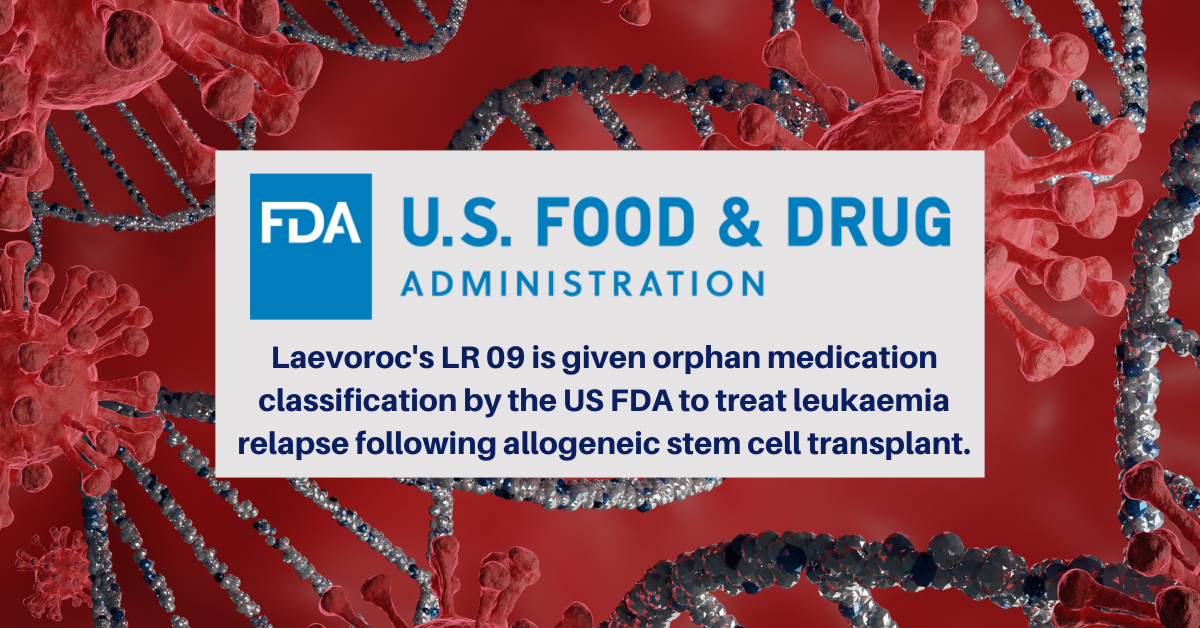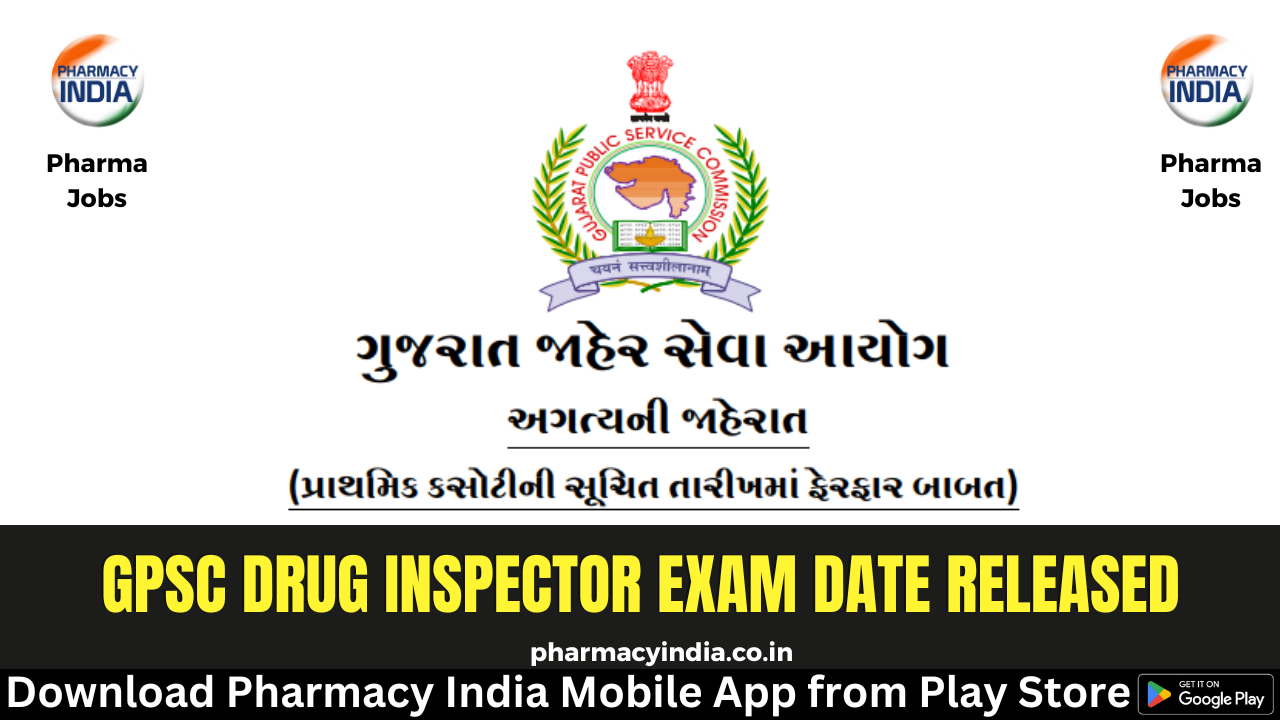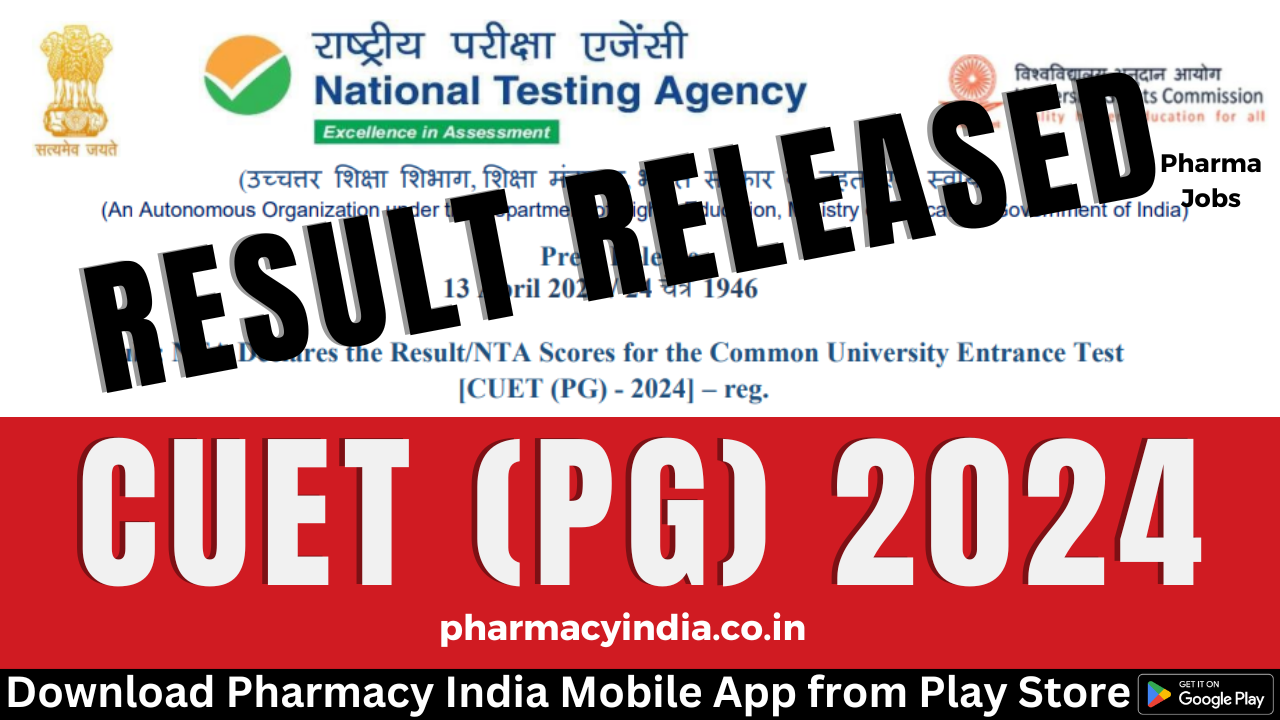LR 09, a novel metabolic immune checkpoint inhibitor, has been given Orphan Drug Designation by the US Food and Drug Administration (FDA) for the treatment of patients with haematological malignancies who have been identified with a relapse following allogeneic stem cell transplant. This information was released by Laevoroc Immunology (Laevoroc), a privately held Swiss oncology development company (SCT).
Ulodesine is a purine nucleoside phosphorylase (PNP) inhibitor and small molecule medicine that was initially created to treat autoimmune and inflammatory diseases. LR 09 is a unique, rationally-designed version of this drug. The choice to create LR 09 for the treatment of relapse after stem cell transplantation was made in response to the complete remission achieved in a three-year-old patient using a pharmacologically analogous PNP inhibitor whose US development was later stopped, as well as the finding that inhibiting PNP activates (rather than suppresses) the immune system.
The development of LR 09 for the treatment of patients experiencing relapse following allogeneic SCT is supported by recent research at the University of California, Los Angeles (UCLA), which has shown a novel, groundbreaking mode of action for the drug as a metabolic immune checkpoint inhibitor. The data, which was published in 2022 in the Journal of Clinical Investigation, has documented the immune-activating effects of LR 09 through the elevation of intracellular guanosine, TLR7 activation, and the activation and proliferation of T-cells and germinal centre B-cells, leading to the onset of a graft-versus-leukaemia effects. The Orphan Drug Designation for the US market now increases the promise of LR 09 as an oral immuno-oncology drug due to its favourable safety profile that was proven in earlier clinical research and its better stability and manufacturing process compared to earlier PNP inhibitors.
A potential solution for patients who experience recurrence after allogeneic transplantation is now closer thanks to the FDA’s designation of LR 09 as an orphan drug, according to Dr. Thomas Mehrling, a haematologist-oncologist and co-founder of Laevoroc. The prognosis for these people is still quite dismal as of right now, and they are unable to access any level of care. The Orphan Drug Designation highlights the tremendous unmet need for novel treatment options, and Laevoroc is more committed than ever to reversing this trend and giving hope to patients who experience relapses and their families.
Investigational treatments for rare diseases or ailments that afflict fewer than 200,000 persons in the US are given orphan drug designation by the FDA. If a medicine is granted orphan status, the sponsor is eligible for a number of development incentives, such as tax deductions for clinical development expenses and a seven-year window of marketing exclusivity after FDA clearance.
In 2021, Laevoroc Immunology purchased the commercial rights to LR 09 for fresh indications. Preclinical models of leukaemia relapse after allogeneic SCT are well under way, and the company has ongoing research collaborations with UCLA and the Fred Hutchinson Cancer Research Center in Seattle to assist the development of the medication. In order to get LR 09 into the clinic and into the hands of patients as soon as possible, the company raised USD 1.1 million in seed capital and is now raising Series A financing.
In Zug, Switzerland, Thomas Mehrling, MD, PhD, and Davide Guggi, PhD, established Laevoroc Immunology in 2021. Between them, they have more than 40 years of combined expertise in oncology and the pharmaceutical sector. The firm is concentrating on creating immuno-oncology drugs that have the potential to improve the course of treatment for medically undertreated haematological cancers and have a wide range of other applications.






